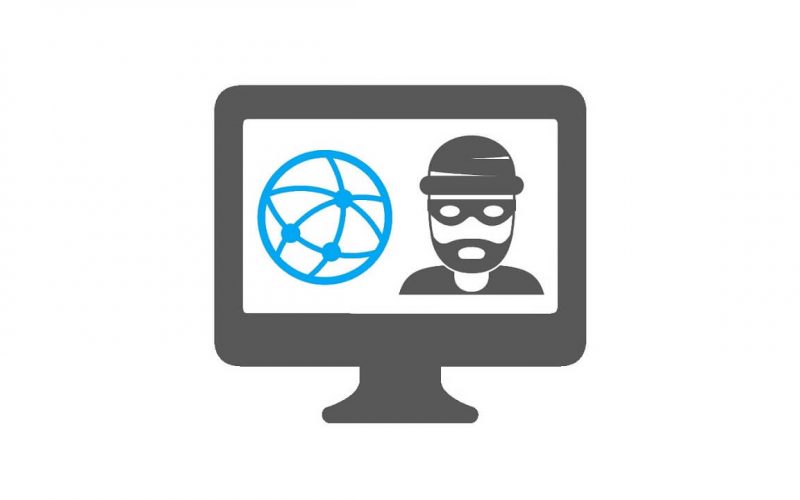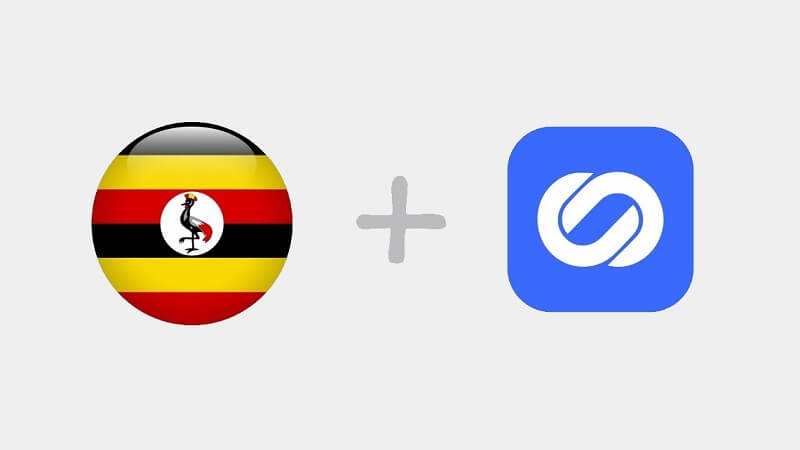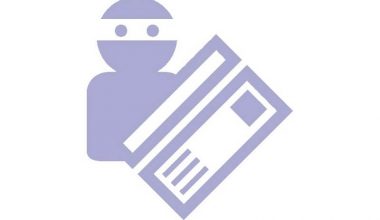- 8 Best practices for Anonymous Browsing
- 1. Install HTTPS Everywhere
- 2. Disable third-party cookies from your browser’s privacy settings
- 3. Replace Google with private search engines
- 4. Use a secure browser to surf the net
- 5. Do not share your information on Social Media
- 6. Use Encrypted email services
- 7. Use cryptocurrencies for online transactions
- 8.Use a VPN to connect to the Internet
The Internet was created with the privacy of the users in mind. However, the story is no longer the same.
Nowadays, everything you do online is no longer private, but visible to the watching eyes of the governments, cybercriminals, and big advertising agencies like Google, Facebook, Yahoo, etc. Hence, once you’re online, it’s like being in an open world where everybody sees what you’re up to.
However, the good news is that there are best practices you can implement to protect your online privacy from the watching eyes of third-parties like individuals, governments, and advertising companies.
8 Best practices for Anonymous Browsing
1. Install HTTPS Everywhere
HTTPS Everywhere is a Chrome, Firefox, and Opera plugin that secures your browsing by encrypting all of your communication with unprotected websites.
When you visit unsecured or unprotected websites (HTTP websites), your data is unprotected and at risk of interception by hackers or other third-parties.
HTTPS Everywhere works, by encrypting your connection to unprotected websites, therefore protecting your data from third-party interception.
2. Disable third-party cookies from your browser’s privacy settings
Third-party cookies are stored on your hard disk by third-party websites (websites linked to the particular site you’re currently surfing) to retrieve data about you at a later date.
Third-party cookies stores information relating to your browsing experiences, preferences, and tracking information in the hope of retrieving such information to serve you ads tailored to your needs.
The good news is that you can enjoy more private browsing sessions by disabling third-party cookies from your browser’s privacy settings.
3. Replace Google with private search engines
At a point, I never realised other search engines existed outside of Google, Yahoo, Ask Me, and Bing. What I didn’t know earlier on was that these popular search engines gather data from my browsing experiences and also track my online activities to serve me personalised ads.
You do not have to worry about search engines gathering information from you without your knowledge when you use private search engines like DuckDuckGo, Swisscows, SearX, Disconnect Search, etc.
These private search engines do not record or analyse your search terms; neither do they collect other information from your device or browsing experience.
In most cases, these private search engines go a step further by hiding your IP address to make you appear anonymous while using the search engine and also protect you from online tracking.
4. Use a secure browser to surf the net
You probably won’t believe this: private browsing or browsing in incognito mode won’t protect you from online tracking, neither can it block third-party cookies or prevent search engines from gathering information about you. Browsing in incognito mode only prevents your device from storing your browsing history.
For more secure browsing, you should use secure browsers like Tor, I2P, FreeNet, and Disconnect, Whonix, etc. These secure browsers protect your privacy by routing your data through several nodes, making it difficult for third-parties to trace.
Secure browsers also hide your IP address, prevent DNS leaks, and blocks out sites with trackers.
If you do not want to forsake your browser for any of these secure browsers, you can subscribe to a premium VPN service like RitaVPN. Besides, RitaVPN comes with Windows, Mac, Android, and iOS apps.
RitaVPN gives you 100% privacy protection online, makes you anonymous, protects you from trackers, annoying adverts, and blocks out websites that serve you third-party cookies.
5. Do not share your information on Social Media
I won’t advise you to keep off social media platforms. Instead, you should keep off all sensitive information like date of birth, phone number, address, etc. from social media platforms to protect yourself from identity stealing and also keep your data safe from unauthorised third-party access.
You should use false information to sign up on social media platforms like Facebook, Instagram, Twitter, SnapChat, etc. In this way, your data stay safe and protected from unauthorised access. Lastly, always screen your friend requests before accepting. Do not accept requests from people you don’t know, or don’t have a connection to.
6. Use Encrypted email services
Encrypted email services encrypt all incoming and outgoing email messages with end-to-end encryption technology. Encrypted email service providers like ProtonMail, Mailfence, CounterMail, Lavita, etc. do not keep IP logs that are traceable to your account, neither does it require sensitive information from you before you sign up.
7. Use cryptocurrencies for online transactions
Transacting with cryptocurrencies like Bitcoin, Ethereum, Monero, etc. Has a better privacy advantage because their goal is to make transactions anonymous. Hence, transacting with cryptocurrencies gives you a measure of anonymity online.
8. Use a VPN to connect to the Internet
Virtual Private Networks (VPNs) are the best tool for enjoying 100% online privacy and anonymity. A VPN works by:
- Encrypting your data through a secure military-grade AES-256 bit encryption tunnel. Even your ISP does not have access to your data once it is encrypted.
- Masking your IP address and location to make you appear anonymous online. When you connect to the Internet via a VPN service, the VPN assigns you a new IP address which masks your original IP address and changes your location to reflect the location of the VPN server. Hence, you can be in browsing from Saudi Arabia, but your location shows Newyork, USA because you’re connected to a VPN server in Newyork, USA.
- Protecting you from DNS leak. A DNS leak can expose your location and compromise your privacy. Therefore, you should use A good VPN like RitaVPN to protect you from DNS leak. You can run the DNS leak test to be sure that you’re safe from DNS leak.
- A good VPN like RitaVPN protects you from spam messages, third-party cookies, online tracking, third-party spying, hacking attempts, and other dangers you may face while online.
RitaVPN is a good VPN you can use to enjoy 100% online privacy and stay anonymous online.
The Difference between a VPN and Incognito Mode / Private Browsing
How to Stay Safe and Anonymous on Adult Sites with a VPN?
VPN: How to Surf the Web Anonymously
Best Browser Extensions for Your Privacy
What are the Best Chromium Based Browsers?
How to Turn on Google SafeSearch for Secure Googling
Most Dangerous Search Engines You Should Avoid
Best Search Engines for Privacy in 2020
Aside from the above-listed functions of a good VPN, you can use RitaVPN to bypass censorship and geo-restrictions, therefore giving you access to unlimited censored content and content streaming from geo-restricted streaming services. For more information and subscription requirements, visit www.ritavpn.com.






